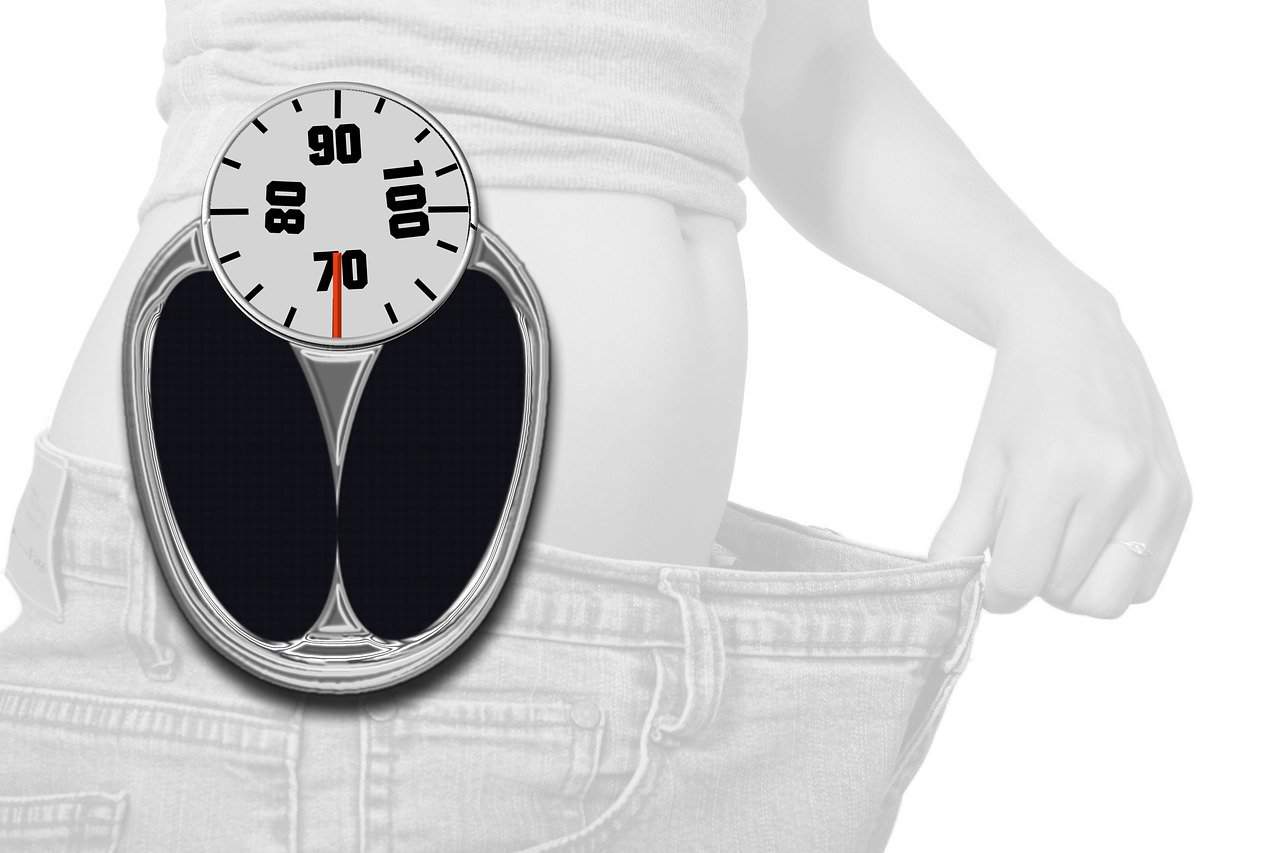How to Lose 40 Pounds in 3 Months: A Comprehensive Guide to Safe and Effective Weight Loss
Estimated reading time: 8 minutes
- Safe weight loss strategies
- Importance of medical supervision
- Real-life success stories
- Sustainable dietary changes
Table of Contents
- The Risks of Rapid Weight Loss
- Key Strategies for Safe Weight Loss
- Real-Life Success Stories
- Professional Guidance
- Conclusion: Achieve Your Weight Loss Goals Safely
- FAQ
The Risks of Rapid Weight Loss
When it comes to losing weight quickly, many individuals overlook the potential health implications that can arise. Rapid weight loss can lead to:
- Muscle and Tissue Loss: Experts warn that a healthy weight loss rate is around 1-2 pounds per week. Losing weight more rapidly may result in loss of muscle, water, and lean tissue instead of just fat. Learn more.
- Health Complications: Those who undergo rapid weight loss may experience health issues such as gallstones, gout, fatigue, and nutritional deficiencies. Medical supervision becomes essential for many individuals to prevent adverse effects. Discover the risks.
- Weight Regain: Statistics show that individuals who lose weight quickly often struggle to maintain their weight long-term, as unsustainable practices can lead to regain. Read more.
Key Strategies for Safe Weight Loss
Here are effective approaches to help attain your goal of losing 40 pounds in three months while prioritizing safety and sustainability.
Dietary Changes
- Balanced Nutrition: A diet rich in lean proteins, healthy fats, and complex carbohydrates is essential for maintaining energy levels and satisfying hunger. Incorporating foods such as chicken, fish, nuts, whole grains, and plenty of vegetables will provide proper nutrition while keeping caloric intake in check. Find out about balanced nutrition.
- Caloric Reduction: To achieve a 40-pound weight loss, consider a daily caloric intake ranging from 1,200 to 2,000 calories, based on gender, age, and activity level. Understanding your body’s specific needs is crucial for effective weight loss. Explore caloric intake guidelines.
- Meal Prepping: Developing a meal plan and prepping meals in advance can significantly help maintain a healthy diet and resist high-calorie temptations. Planning snacks and meals promotes healthier choices and prevents impulsive eating habits. Learn more about meal prep.
Exercise
Engaging in Regular Physical Activity: Aim for three to five sessions of moderate workouts per week. This can include activities such as brisk walking, cycling, or resistance training. Regular exercise not only burns calories but also strengthens muscles and improves overall physical health. Read about the impact of exercise.
Behavioral Modifications
- Accountability Partners: Enlist a fitness buddy or coach to help hold you accountable. Extra support can boost your motivation and help you stay on track with your eating and exercise habits. Discover the benefits.
- Limited Cheat Days: Allow yourself the occasional indulgence to prevent feelings of deprivation. Setting specific cheat days can help maintain motivation without undermining your progress. Learn how to balance cheat days.
- Alcohol Reduction: Alcohol can add significant empty calories to your diet. Reducing or eliminating alcohol consumption can greatly enhance weight loss efforts. Find out more.
Real-Life Success Stories
Jeff D. Speaks
Jeff successfully lost over 40 pounds in three months by combining moderate exercise with a reduced-calorie diet of 1,800 to 2,000 calories a day. His experience serves as a testament to the effectiveness of a structured approach to weight loss. Read his story.
Ciara Foster
By focusing on a balanced meal plan, eliminating alcohol, and practicing meal prepping, Ciara achieved her weight loss goal in an impressive timeframe. Her journey highlights that dedication and strategic planning play key roles in effective weight management. Learn about her methods.
Professional Guidance
- Medical Supervision: For individuals significantly overweight or those with health concerns, medical supervision may be necessary during aggressive weight loss efforts, especially when using very low-calorie diets (VLCDs). Discover professional recommendations.
- Nutritional Counseling: Consulting with a healthcare provider or nutritionist can help you develop a tailored meal plan that fosters safe and effective weight loss. They can also provide guidance on overcoming any obstacles you may face. Learn more about nutritional counseling.
Conclusion: Achieve Your Weight Loss Goals Safely
While the goal of losing 40 pounds in three months is indeed possible, it is critical to focus on achieving this in a safe and sustainable manner. By prioritizing balanced nutrition, regular physical activity, and behavioral modifications—under the guidance of healthcare professionals—you can pave the way to success. Remember, the journey towards weight loss is not merely about the number on the scale; it’s about creating a healthier lifestyle.
Call to Action
Ready to start your weight loss journey? Explore more of our expert insights and resources available on our website to further assist you in achieving your health and fitness goals.
FAQ
- Is it safe to lose 40 pounds in 3 months? Losing that much weight in such a short period can come with risks. It is essential to approach weight loss safely and under medical supervision.
- What should my caloric intake be? Your daily caloric intake can range from 1,200 to 2,000 calories, depending on factors such as gender, age, and activity level.
- Why is meal prepping important? Meal prepping helps maintain a healthy diet, resists high-calorie temptations, and promotes healthier choices.
- Can I have cheat days while losing weight? Yes, allowing yourself occasional cheat days can help prevent feelings of deprivation, provided they are kept in moderation.
- Is exercise necessary for weight loss? Engaging in regular physical activity is crucial as it promotes calorie burning and strengthens overall health.
